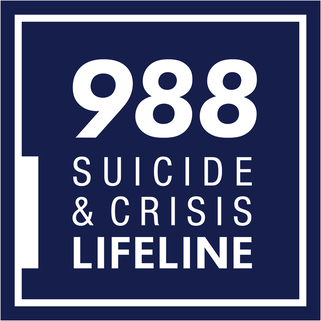|
If you’re new to therapy, or even if you already have an established relationship with a therapist, the following suggestions can help you to ensure the success of your time in therapy.
[1] Find the right fit: A trusting, clinical relationship with your therapist is one of the key factors that leads to improvement. Find someone with whom you have a good connection. Specifically, look for these traits - respectful, friendly, compassionate, and honest. Equally important, make sure to find a therapist who uses an Evidence-Based treatment modality. [2] Make clear therapy goals, and check in on them regularly: Goals are the road map to therapy success. The best goals are SMART: Specific, Measurable, Attainable, Realistic, and Time-Specific. [3] Give it time: Lasting change takes time. Be patient with yourself and the process. Keep an open mind and connect with the experience. It will be worth it! [4] Speak up: Talk about therapy - what you love, like, dislike, agree with, disagree with, the interaction between you and your therapist, etc. Your feedback is essential to the therapy process. If you found a new skill to be helpful, say so! If you have a question or a concern about the therapy process, please ask! Therapy should be collaborative process between you and your therapist. [5] Do the work: Therapy is more than the time you spend in the therapy office. Practicing skills and implementing plans discussed in therapy is what solidifies new insights and solutions. Make it a priority and attend regularly. Make a commitment to prioritize this part of your schedule. The more frequently you attend therapy, the more quickly you should begin to experience positive change, healing, and balance in your life.
0 Comments
Leave a Reply. |
|
Please DO NOT use this email address for medication refill requests or for emergency situations.
Click here for refill requests instead of using email: Medication Refill Request Form If you have a medical emergency, email is never the appropriate way to communicate your needs, and you should instead call 911 or go to the nearest ER. If you are having suicidal thoughts and need to speak to someone immediately, you can contact Suicide Prevention Hotline at the number (and link) below. [email protected]
Communications via email are not secure. Although it is unlikely, there is a possibility that the information you include in an email can be intercepted and read by other parties besides the person to whom it is addressed. |
|
2024 Providers for Healthy Living | All Rights Reserved
|

